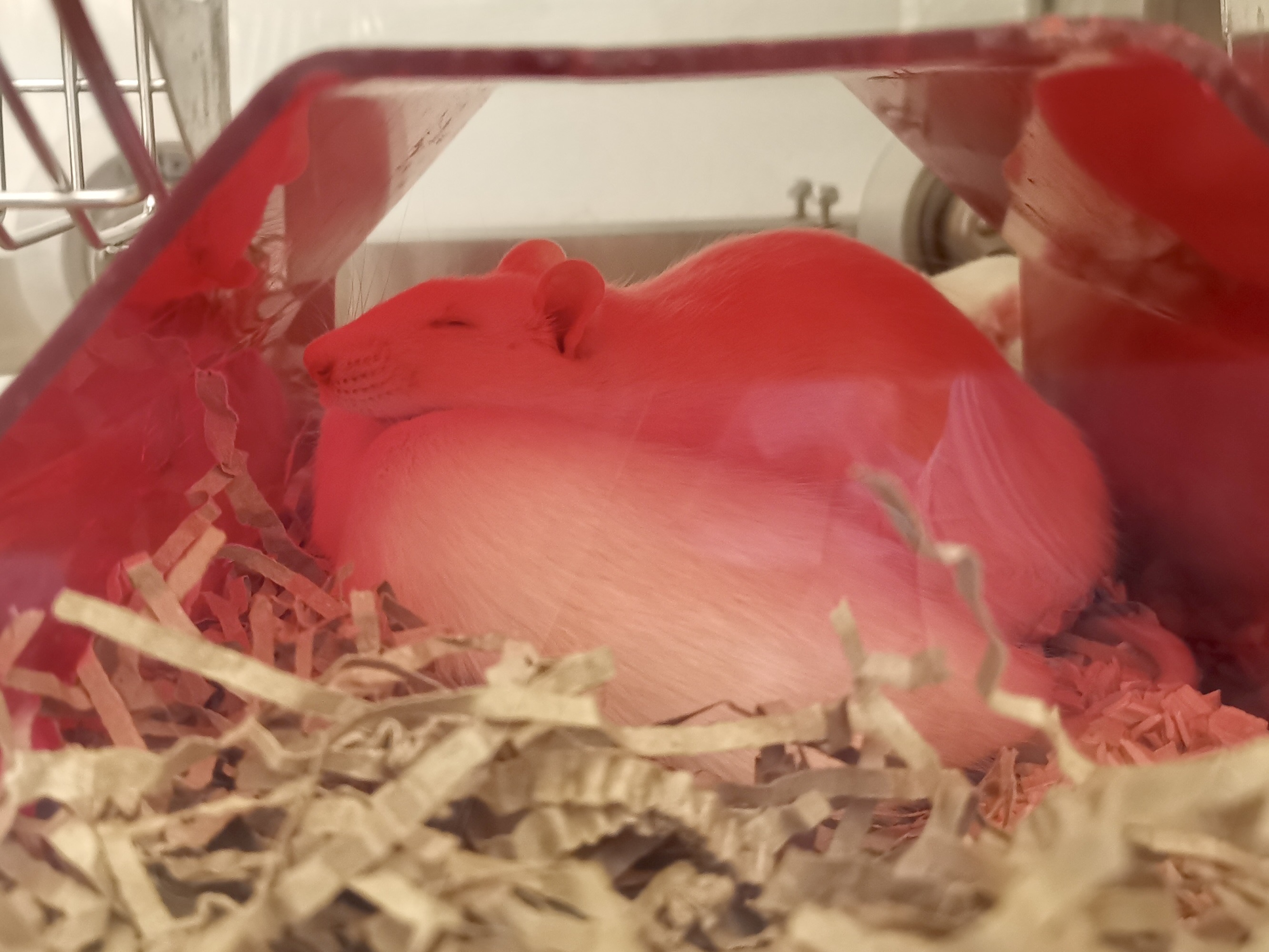
|
Stephanie Lindeman Carlsen Medical student, undergraduate research fellow Department of Regional Health Research Phone: +45 60 46 66 33
Email: scarlsen@health.sdu.dk
|
Project description
The supra spinatus muscle is exposed to tears, more often than the rest of the RC muscles. The etiology is multifactorial, all though the prevalence of RC tears is age-dependent. A full thickness tear of the supraspinatus tendon does not heal spontaneously, and surgical treatment is therefore recommended in younger patients.Unfortunately, the success rate of the surgical treatment is disappointing and we believe that a new perspective on the problem is needed.
Failure of RC surgery has been shown to be highly related to RC muscle inflammation, fatty infiltration and fibrosis. This is why, this project focuses on the fibrosis and how to reduce it.
It has recently been shown that the peptide hormone calcitonin and its receptor is expressed in heart muscle, and that this presence is involved in extracellular matrix maintenance and inhibition of fibrosis. This is the background for our hypothesis: Treatment with calcitonin can ameliorate the development of fibrosis in the supra spinatus muscle caused by tendon lesion.
Study design
Two groups of three rats will receive a full thickness tendon lesion on day 1.
The following two weeks one gruop will receive injections of calcitonin twice a week (5IU/kg) and the other group will serve a the control group.
Four weeks after lesion the animals will be euthanized. The supra spinatus muscle will be isolated and analyzed on the following parametres:
- Fiber diameter
- Fatty infiltration
- Amount of connective tissue
- Contractility (using the MEA system)

The project is expected finished January 2023 and published afterwards.